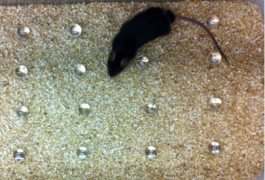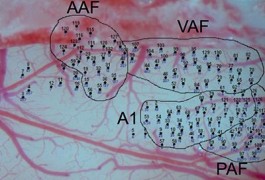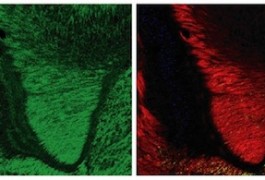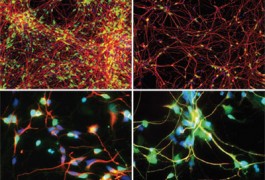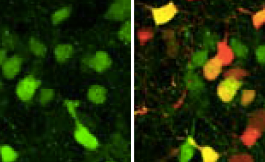Hormone reverses autism-like features in mouse model
Insulin-like growth factor 2, a hormone involved in fetal growth, reverses abnormal social behaviors, repetitive behaviors and memory impairments in BTBR mice, a popular model of autism. The unpublished results were presented Monday at the 2013 Society for Neuroscience annual meeting in San Diego.
